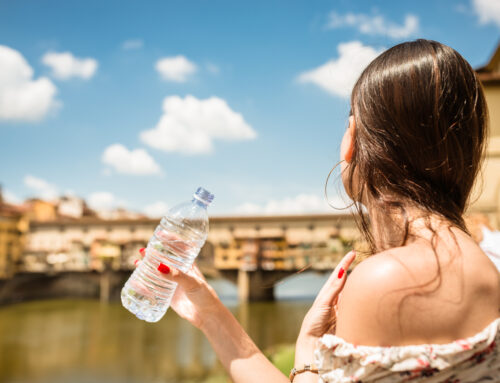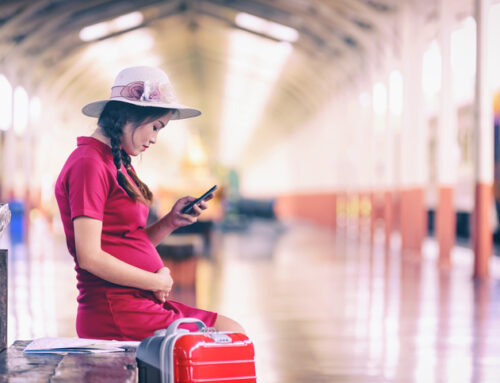Children’s health
Making magical memories with their children is every parent’s privilege – and few memories are more magical than those gathered while travelling to the world’s most incredible destinations. Keep their health safe by informing yourself about children’s travel vaccines.
Children’s travel vaccines for your holiday
Get a travel health appointment six to eight weeks before your departure to find out what children’s travel vaccines you need. Some children, particularly infants, may be too young for certain vaccines, but special paediatric shots for hepatitis A and B are available.
Rabies vaccinations are recommended for children travelling to countries at high risk of the disease. This is because children are at greater risk from animal bites, being physically smaller, and more likely to play with an animal.
Children are also more susceptible to malaria than adults. So you will need to help your child avoid being bitten by mosquitoes. They may also need to take antimalarials. You can get advice on paediatric malaria prophylaxis at a travel health appointment with NX Healthcare. We offer specialised advice for people travelling with children, and travel vaccination consultations for family groups.
What to pack when travelling with children
Travelling with children necessitates extensive planning ahead of time: read Rough Guide’s article for more ideas.
Small children, as any parent knows, require an almost constant supply of snacks and drinks. Prepare not only for the amount of time you expect to spend travelling, but also for any delays. If you don’t want to deal with the sugar rush that follows, avoid sweets.
Boredom can lead to stress and tantrums, so bring things to keep kids entertained. Pack a bag with colouring books, crayons, games, and a couple of surprise gifts for them to unwrap on the way.
If you have small children, consider purchasing a child’s ID wristband in case you become separated.
When first-aid supplies should I bring on a family holiday?
Knocks, scrapes, and falls happen all too frequently when travelling with children, so be prepared for anything. Pack your own first-aid kit with all the necessities, such as:
- plasters
- sachets of paracetamol or ibuprofen for children
- antibacterial wipes and hand sanitiser
- thermometer
Remember to include any prescription medications they may require for pre-existing medical conditions.
Sun-care for children
Young skin is more prone to sunburn, and children are frequently too preoccupied with playing to notice that they are burning.
Apply a high SPF children’s sunscreen liberally and frequently throughout the day and after swimming. Encourage children to wear hats in the sun, and to play in the shade during the hottest part of the day.
Learn about the symptoms of heat exhaustion, because if it progresses to sunstroke it can be fatal in young children.
Take extra care with food safety when travelling with children
Children are more susceptible to food- and water-borne illnesses. While it is critical that they stay hydrated, especially during flights and in hot climates, ensure that the water they drink is safe.
When it comes to food, make certain that it is thoroughly cooked and served piping hot. Avoid eating food that has been kept warm, and be cautious of fish and shellfish.
If a child exhibits any symptoms of a stomach upset, seek medical attention. Learn more about food safety while travelling from our article.




